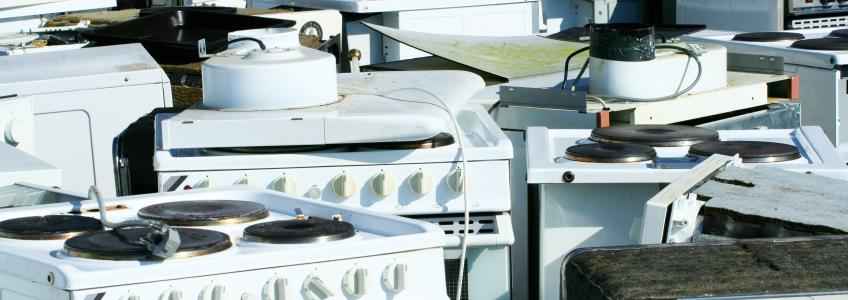Before we take a closer look at common household goods that can be recycled, let’s first establish why it’s so important. To give you an idea of just how much waste we create as human beings, consider that the average person in Australia generates around 1.9 tonnes of waste every year. If you multiply that by 24 million, and then almost seven billion around the world, it draws a pretty clear picture.
Recycling makes a massive dent in the amount of solid waste filling Perth’s landfills, while simultaneously reducing greenhouse gases polluting the air we breathe. When we recycle, we also use less water and other natural resources that transform waste into alternative, usable items.
Below is a list of household goods and materials that can easily be recycled in Western
- Junk Mail
We all get it, and most of us just throw it in the trash. But this can easily be avoided by dedicating a small recycling bin to any and all mail that comes into our home. Placing a dustbin in your home specifically for recycling will make sure you don’t forget, and make it that much easier when you’ve just received something new. If you’re really serious about recycling, going completely paperless at home is the single best way to eliminate your paper trash footprint.
Another great option is to look for large recycling bins in your neighbourhood, usually located outside schools and churches. Many organisations make extra money by recycling other peoples’ unwanted paper, so it’s a good cause that’s easy to participate in.
- Ink Cartridges
This is where you can really make a difference, because used ink cartridges contain toxic materials that turn into hazardous waste when thrown away. There are many businesses that will gladly take your old cartridges for recycling, often also giving you discount if you purchase new ones at the same time as handing over your old ones.
- CD and DVD Cases
Getting rid of your hard copies is a great idea, freeing up more space in your home and eliminating heavy storage boxes when the time comes to move house. This can be done by burning digital copies onto your computer and then storing it on a hard drive.
- Cardboard
This includes every type of cardboard found in your home, from cereal boxes to the pizza boxes that pile up in the kitchen over long weekends. Recycling cardboard is an important practice for anyone who wants to help in creating a greener, less polluted earth.
- Household Batteries
Batteries are another example of household items that hold harmful toxins, contributing heavily to the pollution breaking down in landfills. Libraries and post offices are good places to look as they often collect batteries for recycling.
- CFL Light Bulbs
You may not have known this, but compact fluorescent lamp (CFL) bulbs actually contain a small amount of mercury. This means that you really shouldn’t get rid of them by throwing them in the trash. Find a hazardous waste facility that deals with CFL bulbs and ensures they’re treated properly at the end of their lifespan.
- Old TVs
So many homes in Australia have more than one TV, with old units simply being thrown out when they become outdated. TVs are another common household appliance that contain hazardous chemicals, with old analogue systems sometimes racking up eight pounds of lead. Same goes for many common appliances such as microwaves, fridges, and old stovetops.
We Buy Metal Scraps
AusCon runs a fully-operational scrap yard in Perth, actively contributing to the recycling of household metals that are no longer in use.
When it comes to household recycling, you can make your contributions to your nearest government waste site.




